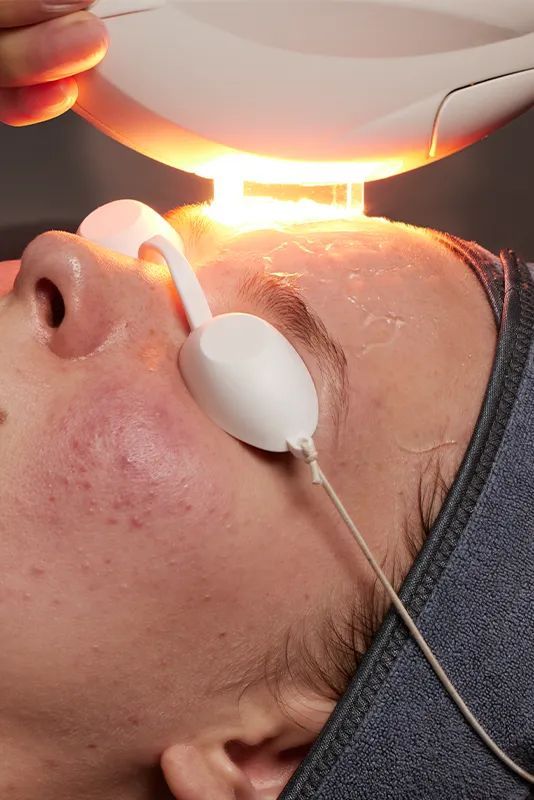People over 45 make up two-thirds of the total population with an acquired brain injury who have reduced or restricted activity levels. Over the age of 65 makes up one-third of those individuals. The age group between 40 and 49 is the biggest, and male mortality rates are more significant than female mortality rates throughout the board, except for those aged 80 and beyond.
Any brain damage after birth is called an acquired brain injury or ABI. Infections, diseases, a lack of oxygen, or even a blow to the head may all cause damage that can fall under this category. Brain injuries may be the result of a wide variety of different circumstances. For instance, a person sustains a form of brain damage known as a HIE brain injury when there is a reduction in the amount of oxygen or blood flow that is present in their brain. The following are some other typical causes of brain injuries that you should be aware of to raise your awareness and assist you in avoiding this unfortunate incident.
Common factors contributing to brain damage
Acquired Brain Injury
Any impairment to the brain that develops after birth is referred to as an acquired brain injury. Depending on whatever parts of the brain are damaged, a person may exhibit various symptoms or decline in function. If a person has suffered an acquired brain injury due to the negligence of another, they may be eligible to pursue a claim with the help of an HIE lawyer.
- Alcohol and narcotics, which may poison the brain;
- Diseases such as Alzheimer’s disease and cancer
- Loss of oxygen, sometimes known as anoxic brain damage; is some of the reasons (for example, injury caused by a near drowning)
- Physical injury, such as a strong impact to the head, which may occur in vehicle or sporting accidents, fights or
- Falls stroke is when a blood vessel inside the brain breaks or is blocked, destroying the local brain tissue in the area.
- Physical injuries, such as an impact (or blow) to the head, which may occur in vehicle or sporting accidents, fights, or falls
- Stroke occurs when a blood vessel inside the brain breaks or is blocked, destroying the local brain tissue.
What Leads to a Traumatic Brain Injury
It is not always the case that traumatic brain injuries are accompanied by an open head wound or a fractured skull. There is also a possibility that the individual may not lose consciousness. The following are some of the common triggers for traumatic brain injuries (TBI):
- Motor vehicle accidents
- Falls
- Injury caused by violence or a gunshot
- Attack by military forces or a bombing
Causes of Brain Damage Not Caused by a Car Accident
Brain damage not caused by a violent event is often referred to as an acquired brain injury, or ABI. A strong bump on the head is not the cause of this sort of brain damage; instead, it is brought on by a sickness or ailment that originates inside the body itself. These are the most prevalent reasons for brain damage that was not caused by a car accident:
- Stroke (leading cause) (leading cause)
- Shortage of oxygen (hypoxia)
- Tumors
- Other diseases, such as cancer, are also included.
- Infections or inflammation inside the brain
- Other forms of infection
How exactly does a person suffer from a brain injury?
It is difficult to make accurate predictions about the long-term implications of brain damage. They will be unique to each individual and might vary from somewhat minor to significant.
It is very uncommon for persons who have acquired brain injury to have more significant mental and physical exhaustion and a slowing down in the speed with which they can absorb information, plan, and solve issues. They can suffer changes in their behavior and personality, as well as changes in their physical and sensory capacities, as well as changes in their thinking and learning.
Having brain damage is very important and could lead to severe repercussions. Be careful to take notice of these frequent causes of brain damage and try to avoid it from occurring as much as possible. Because it is difficult to recover from brain damage, you should always be on the lookout and vigilant.




